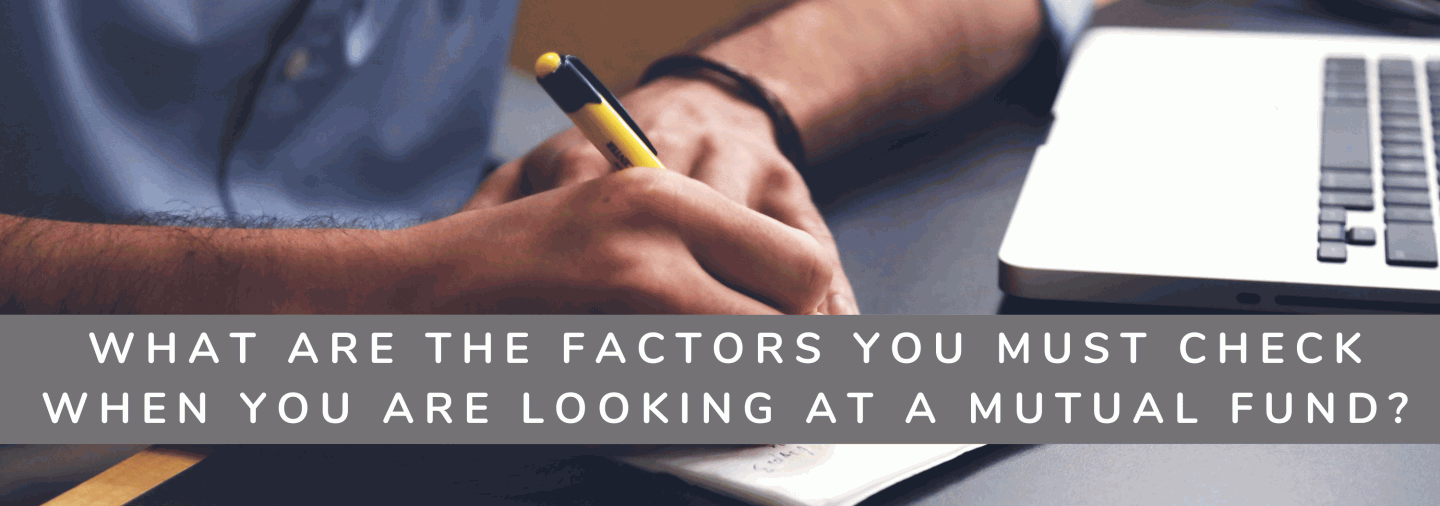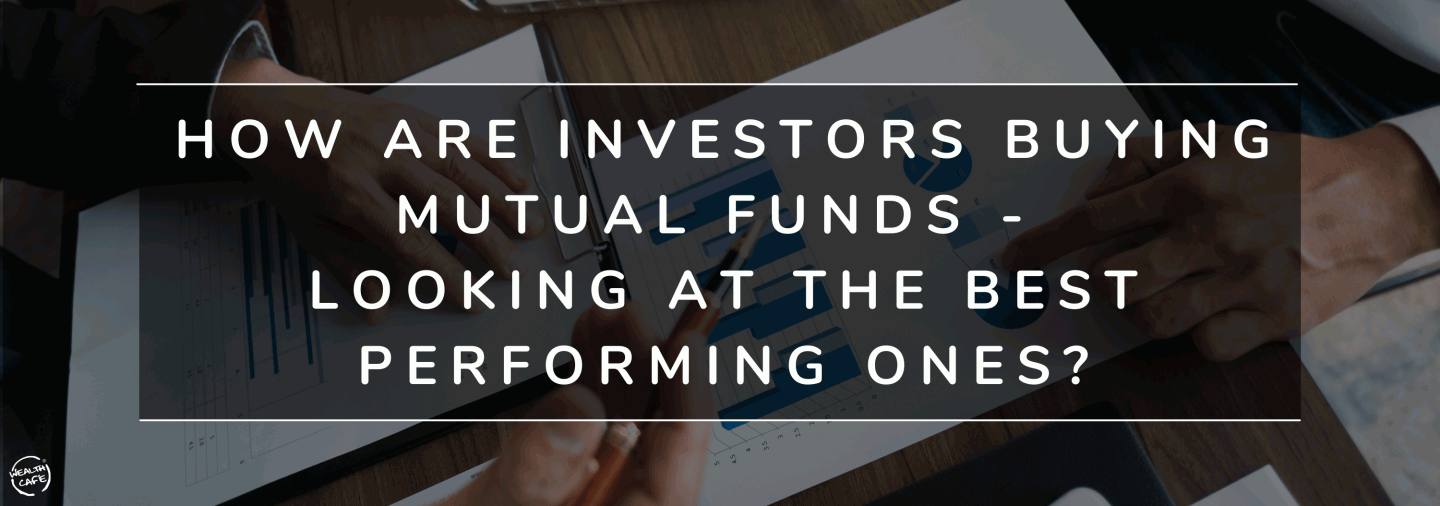Are mutual funds safe? No it is not! Mutual funds are subjected to all investment risks that your underlying investment asset class is subject to and many more.
Going back to the fundamental investing rule - High Risk = High Return; Low Risk = Low Return. Your returns are the rewards for managing the risk of an asset class. So if you are earning any kind of return from your mutual funds (which in most cases you are), there is a risk associated with them.
The question should not be: Are Mutual Funds safe? Which are the safest Mutual Funds? You must understand the underlying risk of these mutual funds and invest in them based on your risk taking capacity.
How to Check the Risk of Investing in Mutual Funds?
Riskomter in fact sheet - As per SEBI's product-labelling guidelines, AMCs have started disclosing the new riskometers for their funds. The five risk levels are ‘low’, ‘moderately low’, ‘moderate’, ‘moderately high’ and ‘high’. This helps investors get a better picture of the right risks associated with a particular fund. You must check the riskometer to get a brief idea of the risk of the particular mutual fund scheme.
Standard deviation - A fund's standard deviation tells you how volatile or risky a fund can be compared to the benchmark and its peers.
When prices move wildly, standard deviation is high, meaning an investment will be risky. Low standard deviation means prices are calm, so investments come with low risk. Instead of just looking at the standard deviation of a fund, you should compare the standard deviation of a fund with the standard deviation of the benchmark index to get a better idea of the risk
When it comes to Debt Mutual Funds, there are some specific factors that one can check to know the underlying risk of the same i.e.
1. Credibility of the fund
Debt Mutual Funds can invest in securities with different credit ratings, as per the scheme's investment strategy. The credit rating of the security is listed alongside its name in the mutual fund factsheet. These ratings are assigned by different rating agencies and indicate the credit worthiness of the borrower. Higher the rating, higher is the creditworthiness of the borrower, although the returns may be lower as compared to a bond issued by an entity that has a lower rating.
2. Duration of the fund
SEBI has defined categories of mutual funds based on maturity or Macaulay duration of the fund. Put very simply, Macaulay Duration is the time taken for a bond to repay its own purchase price in present value terms. Generally, the longer the maturity of the instruments that the mutual fund holds, the higher the Macaulay duration of the fund. Typically the longer the maturity/duration of the fund, the higher the expected returns. But higher duration also leads to higher volatility in returns with change in interest rates.
Simply put, ultra short duration funds, liquid mutual funds being the one with the shortest duration and underlying better credit securities (you must check the portfolio before investing) are the safe debt mutual funds to invest in. That is why we generally recommend these for any short term goals and emergency fund needs of our investors.
You can learn more about the underlying risk of Investing in Equity - here and Investing in Debt - here
Wealth Café Advice:
As explained above, mutual funds are not safe, there will always be a certain level of risk in them. You must analyze that risk based on your risk taking capacity and invest only in those funds which you understand and are okay to bear/manage the risk to achieve your goals. Do not invest in small cap funds or thematic funds because they are trending and you are a conservative person. The funds will trend while you will have sleepless nights. You can’t entirely escape risk, but you can always manage it. Understanding your risk capacity is the very first key step to help investors gain without pain. -What is a Risk profile? How to Invest basis that?
Check our course- NM 104: Basics of Mutual Funds - to learn more about Mutual Funds in detail.
Disclaimer: - The articles are for information purposes only. Information presented is general information that does not take into account your individual circumstances, financial situation, or needs, nor does it present a personalized recommendation to you. You must consult a financial advisor who understands your specific circumstances and situation before taking an investment decision



















